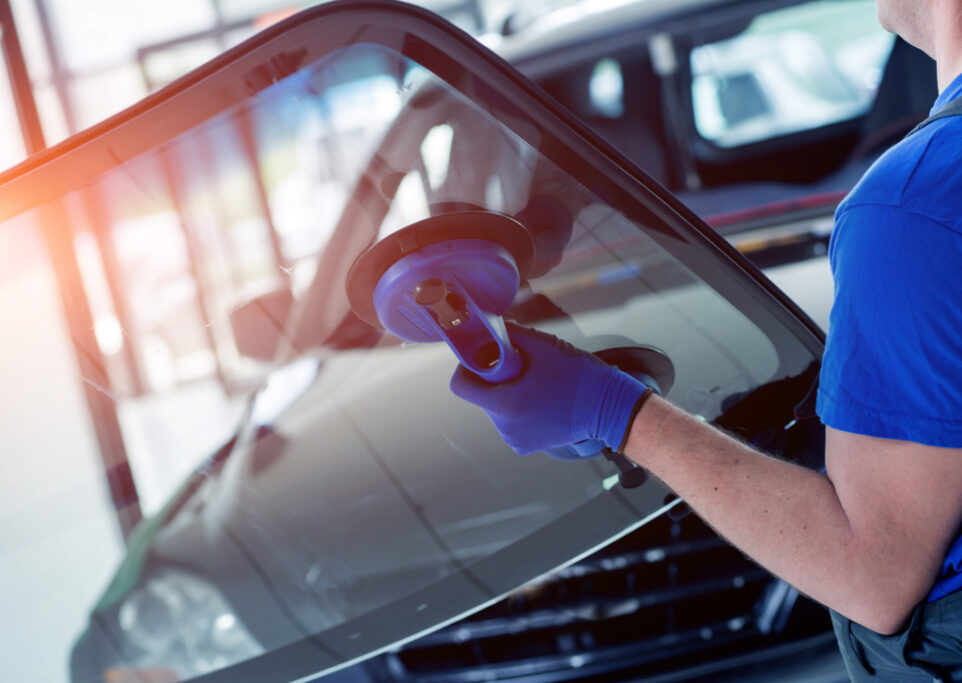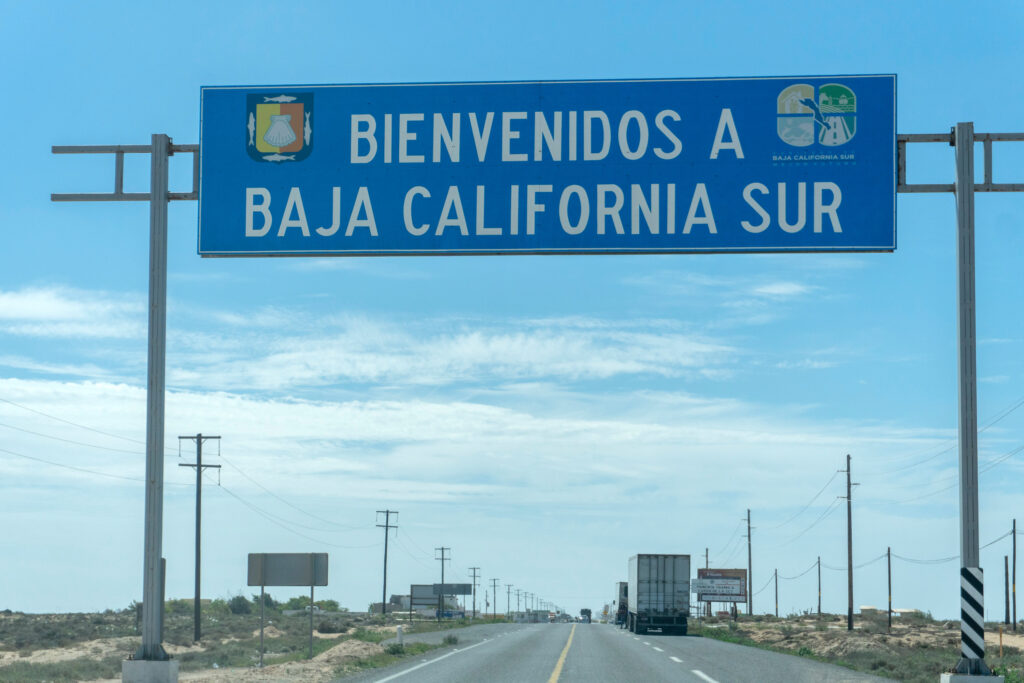Are you having trouble buying car insurance? This can be stressful because most states require it to operate a vehicle. If you can’t get an auto insurer to cover you, you won’t be able to drive legally. There are many reasons why you might have a hard time getting coverage, including:
- It’s too expensive
- The state suspended your license, or it has expired
- Being high-risk i.e., too many tickets or accidents
- Having a DUI on your record
- Living in a risky area
- Poor credit rating
- Bad or non-existent insurance record
Rest assured that if you find yourself in any of the above situations, there are ways to find coverage so you can drive. This article will explore some of the reasons why you can’t buy car insurance in more detail. It’ll also explain how you can meet state requirements you need so that you can hit the road safely and legally.
Not Being Able to Afford Coverage
Auto insurance can be expensive. Not everyone may be able to afford it because of this reality. However, every state, except New Hampshire and Virginia, requires at least a minimum amount of liability coverage to drive legally. This means that you don’t have a choice but to purchase a policy if you want to drive. Driving without an active policy will only cause you legal and financial stress.
In some states, such as California and Florida, you need insurance to register a car. Zachary Schneiderman, president of Schneiderman Insurance Agency in Granada Hills, California, says that consumers need to “have the laws in mind” because lacking coverage could result in “driver’s license restrictions,” among other penalties.
Schneiderman also warns against trying to drive without insurance because, if you get into an accident, creditors and accident victims could “garnish or levy your assets.” People could file a lawsuit and come after everything you own.
Having a low income but still needing to drive is a real problem for people who need car insurance. Not being able to afford coverage is also a tough deal for young people who want to drive.
The problem of not being able to afford car insurance can also go hand in hand with the other roadblocks in this article. There are plenty of factors that can make your premium expensive. Here are some of the most common rate factors:
- Age. Being younger than 25 can raise your rates
- Area of residence. Different locations can present higher risks than others, potentially raising your costs. Threats of vandalism, theft, hitting animals, or natural disasters are what insurers consider here.
- Credit rating. Having a poor credit rating can make your policy more expensive. Some insurance providers deny coverage to people with a bad FICO score.
- Driving record. Your driving record can impact your rates. Having too many at-fault accidents and tickets can raise your premiums.
- Car mileage. Providers might give you higher premiums if you drive more often. They may ask for your annual car mileage.
- Your car. What kind of car you drive can make your rates more expensive.
How to Get Insurance if You Can’t Afford It
The good news is that you don’t have to go on without any coverage. There are solutions for you to get back on the road legally. Even if you just can’t afford it because of your income situation, states can help you.
Look for Discounts
One of the best ways to make your auto premium more affordable is to get discounts. Companies offer these savings to their customers for various reasons. Be sure to ask your agent about this because it’s a surefire way to lower your rates if you’re eligible.
Here are some of the discounts that can get you the most savings, according to GEICO:
- Good student – 15%
- Military and veteran – 15%
- Passive restraint – 23%
- Anti-theft device – 23%
- Safe driver – 22%
- Multiple vehicles – 25%
- Multi-policy/insurance bundling – can vary
Note: these percentages are from GEICO. Discounts can vary depending on the insurer. The above aren’t the only rewards available. Be sure to check with your agent about what you qualify for.
Use a Telematics Program
Another tactic to get a more affordable policy is to sign up for a telematics program. Telematics or usage-based insurance programs track your mileage or driving habits and can lower your rates. There are two types of telematics programs:
- Behavior tracking telematics. These programs track driving behavior like speed, braking, and acceleration. If your habits are safe, you’ll receive a discount. Be aware that some companies, such as Travelers and Progressive, raise your rates if you drive dangerously.
- Pay-by-mile insurance. Many companies, such as Allstate and Nationwide, let you pay for your coverage by the mile. If your commute is short or you rarely drive, this might be a good idea to save money on car insurance.
Note: every company’s telematics program is unique. Exact savings and requirements often differ. Be sure to check out our article on the best insurer telematics programs to see which one is right for you.
More Ways to Lower Premium Costs
Discounts aren’t the only way to get cheaper rates. Here are other solutions you can use to get the insurance coverage you need:
- Don’t drive a car. This seems a bit extreme, but not driving can save you money. Walking, getting rides, or taking public transit could prove to be much cheaper.
- Liability-only. Most states only require liability coverage. This means that you should try to only get the minimum amount of liability protection for now until you can afford more.
- State-run programs. Some states like California offer programs to help people who can’t afford coverage. Consult your state’s policies on this to see if you can save extra.
You Have Too Many Tickets and/or Accidents
Having too many tickets and accidents on your record can make it hard to get car insurance coverage This is because insurers think you’re a risk that could cost them money. Companies might deny you a policy or give you very expensive rates because of this.
You might be what insurance companies consider a high risk driver if you have too many tickets and accidents. Having one or two accidents on your record doesn’t make you high-risk. High-risk drivers usually have more than one accident on their record in three years. One DUI will immediately give you high-risk status.
How To Get Insurance with Too Many Tickets and Accidents
There are several ways to get coverage if you have too many tickets or accidents on your driving record. The first way is to look into non-standard insurance. Certain companies offer policies for high-risk drivers. This will cost more than a regular policy. We recommend looking at the best insurers for drivers with bad driving records to get the best deal for your money.
You can also take a look at joining a state risk pool. States assign insurers to high-risk customers. This will be more expensive than a normal policy, but it’s better than nothing. You should look into joining a risk pool if insurance companies are constantly turning you away.
Finally, you should try and lower your risk so that you can get more affordable rates. Lowering your risk means:
- Not getting into accidents. Don’t drink and drive!
- Avoiding tickets by driving safely.
- Fighting tickets to keep them off your record.
- Improve your credit score.
- Buy a car with a high safety rating.
- Take a defensive driving class.
Other Reasons You Can’t Buy Insurance
Not being able to afford it and carrying a high risk are two of the most common reasons that people can’t buy insurance. But there are other reasons why you might have a hard time getting coverage.
Below are some of the other common reasons and how to get around them:
Living In a Risky Area
Some areas can make insurers shy away from serving people. This is usually because you live in a high-risk area. Cities with a high risk for vehicle theft and vandalism can cause insurance providers to deny you coverage. The ways to get around this are:
- Move away
- Join a state risk pool
- Buy a high-risk policy
You Have a Poor Credit Rating
Having a poor credit rating can hurt your chances of getting a company to cover you. Insurance companies shy away from people with poor ratings because they might not be reliable in paying their rates. You could also be high-risk if you have a bad credit score. The solution to this is to improve your credit rating by paying your expenses on time.
Your Insurance History is Bad or Non-Existent
Providers won’t want to cover you if you haven’t been paying your rates. Also, they might deny you if you have no insurance record. This is when you’re very young or just starting to drive. Insurers might also view you as a high-risk driver if you’re in this age group. The solution here is to get a non-standard policy or lower your risk (see the steps above).
Frequently Asked Questions
Can a car insurance provider deny you coverage?
Yes. Companies can choose to deny you coverage. States require you to have it, but not for companies to provide it to everyone. An insurance carrier could deny you for many reasons, including:
- Being high-risk i.e., too many tickets and accidents
- Having a bad record
- Having a poor credit rating
- Living in a high-risk area where vandalism, theft, or accidents are common.
- The car you’re trying to insure isn’t safe or is special in some way. Special means it’s a classic or exotic car.
Even though a company can deny you coverage, you can still find ways to get it. There are options like high-risk insurance, risk pools, or simply improving your risk factors.
What if I can’t afford car insurance?
Not being able to afford car insurance is a big problem for a lot of people. But there are ways to lower premium costs. Some states offer affordable programs. Be sure to check with your state’s laws on low-income programs when you begin shopping around.
You should also try and get as many insurance discounts as you can. These can save you massive amounts of money on your coverage. Check with your agent or company about the savings that are available to you.
Can you skip buying car insurance? Is it required?
You may be able to own a car without insurance, but you won’t be able to drive it legally. Most states require you to have proper coverage to drive. Your best bet is to try and find solutions to get a policy. Insurers can deny you for many reasons. It’s best to determine why you’re unable to buy a policy. Then, you’ll be able to work towards solving that problem in a more effective way.


